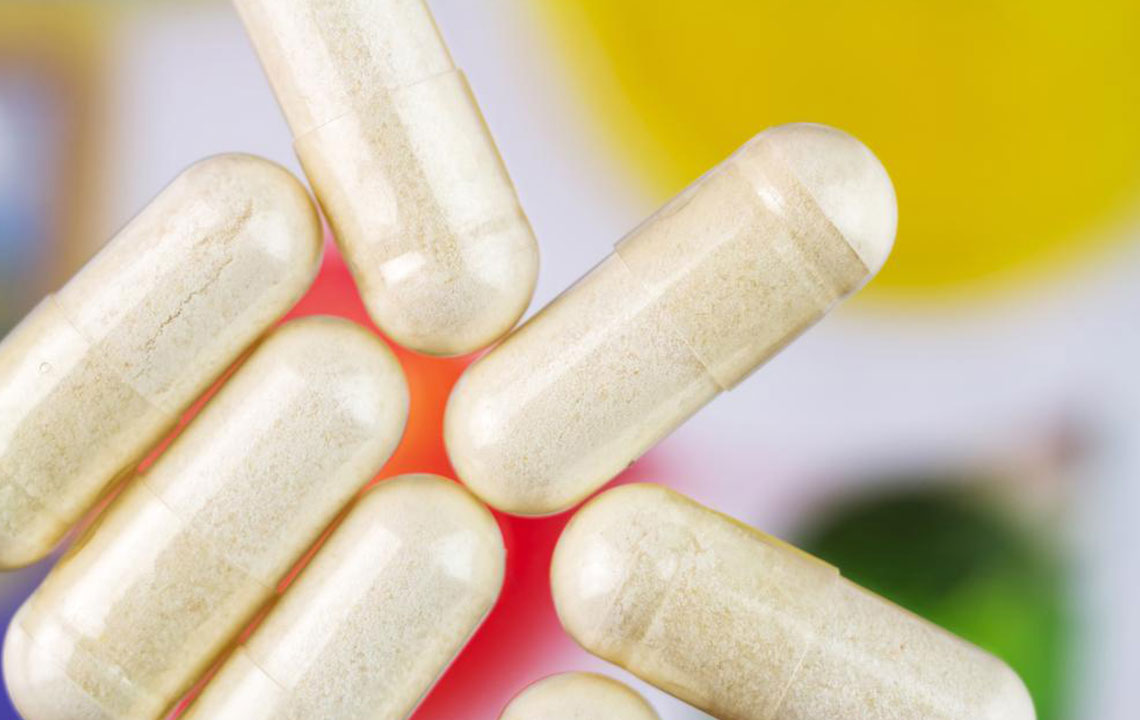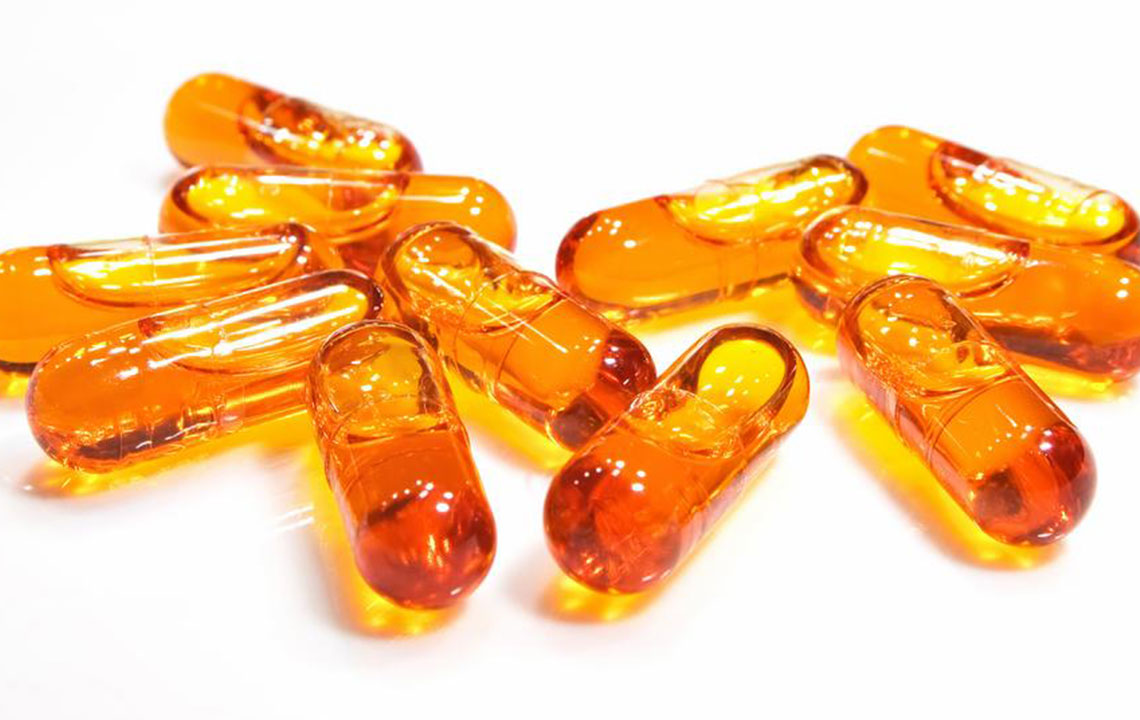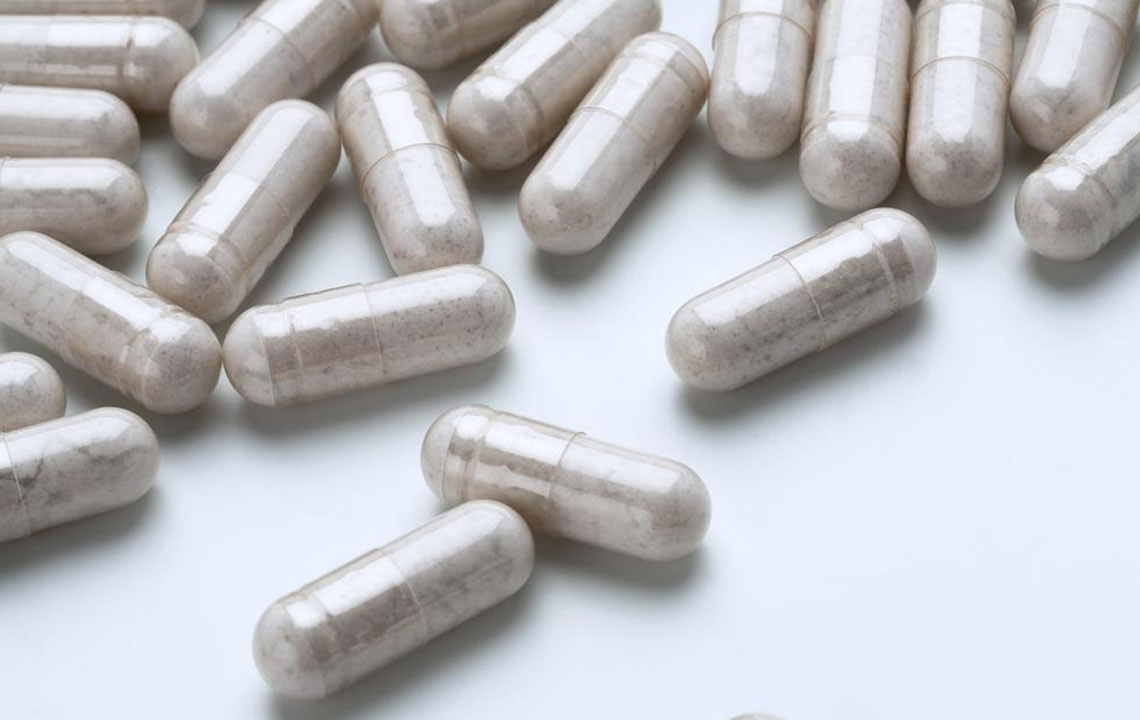Understanding Potential Side Effects of Probiotics
Probiotics are beneficial supplements that support immune and digestive health, but they may cause side effects like bloating, gas, or infections, especially if taken excessively or in low-quality forms. Proper dosage, high-quality products, and medical consultation are essential to minimize risks. Awareness of potential adverse reactions is vital for safe probiotic use, particularly for individuals with existing health conditions. Temporary symptoms usually resolve with adjusted intake, making probiotics a helpful but cautious addition to your health routine.

Understanding Potential Side Effects of Probiotics
Probiotics are dietary supplements that enhance health by supporting immune function, digestion, and growth. When taken in appropriate amounts, they are generally safe. However, consuming excessive doses could lead to adverse health effects.
These live microorganisms are available as oral supplements and can significantly boost wellness. Nonetheless, some individuals might experience side effects ranging from mild discomfort to more serious conditions. Common issues include bloating and excessive gas. In certain cases, probiotic use may lead to infections requiring antibiotics.
People with existing health issues or metabolic sensitivities might face problems when using probiotics. While generally beneficial, rare side effects can occur, especially among those with underlying conditions. The body may respond negatively to beneficial bacteria intake under specific circumstances.
The colon’s pH level should stay between 6.7 and 6.9 to promote health. Acidic environments (pH below 7.0) suppress harmful bacteria and foster beneficial bacteria. Medications can alkalize the colon, while probiotics tend to make it more acidic. This shift from acidic to alkaline can upset the balance between good and bad bacteria, leading to bloating, abdominal discomfort, and bowel irregularities.
Most side effects are temporary and resolve once probiotic use is reduced or stopped. Discontinuing probiotics typically alleviates symptoms and prevents deterioration.
Common Side Effects of Probiotics
Stomach Discomfort
Digestive issues such as bloating, cramping, and gas are typically associated with probiotic use. Certain strains may also cause constipation, leaky gut, or impaired gut function. Overuse can result in increased good bacteria, altering gut dynamics and bowel movements, but these symptoms usually subside within a week with reduced dosage.
Low-quality probiotic products may contain bacterial strains that are not beneficial or even harmful, increasing the risk of gastrointestinal problems. To avoid adverse effects, opt for high-quality probiotic supplements containing reputable strains to minimize risks.
Worsening Underlying Conditions
Probiotics are best suited for healthy individuals; those with weakened immune systems or chronic diseases like HIV, Lyme disease, or Crohn’s disease should consult a healthcare professional before use. Pregnant or nursing women should seek medical advice prior to starting probiotics.
Increased Inflammation and Unhealthy Bacteria Growth
Consumption of expired or contaminated probiotics may introduce pathogens or fungi, aggravating inflammation or infection. Such products can worsen existing health issues rather than improve them.
Strategies to Minimize Side Effects
Start with a lower probiotic dose—such as one tablet instead of two—and gradually increase as your body adapts. Maintain hydration by drinking plenty of fluids to support detoxification. If side effects occur, reduce or pause probiotic intake until symptoms subside, then resume with caution.
Remember, probiotics help eliminate harmful bacteria and promote beneficial ones, but this can cause temporary imbalance. Professional medical guidance is recommended if adverse reactions persist.










